detail profile alain mottet
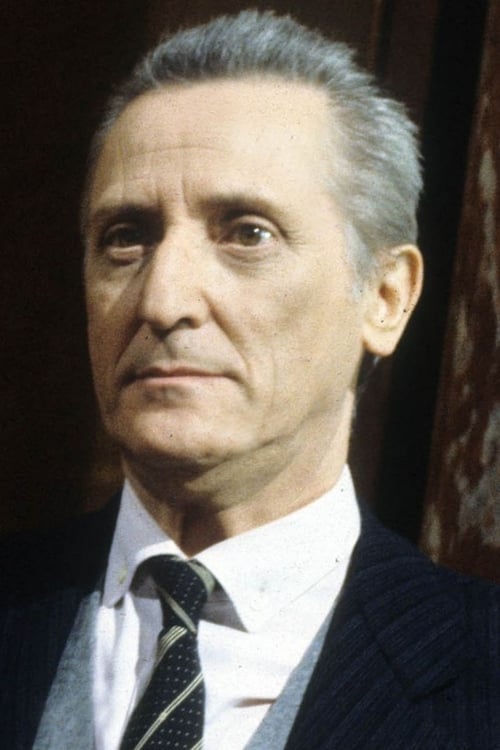
Riwayat Hidup
Alain Mottet (30 December 1928 in Lyon, France – 31 October 2017 in Paris, France) was a French actor.
Alain Mottet appeared in dozens of films, often in secondary roles.
He appeared in three films with José Giovanni.
In 1965, he played the main role in L'Affaire de la malle à Gouffé.
In 1969, in L'Armée des ombres, he was responsible for the prison camp where Lino Ventura, alias Philippe Gerbier, was imprisoned.
For television, he played Flambart, the police officer who chased Eugène François Vidocq relentlessly, played by Bernard Noël in the TV series Vidocq in 1967.
He regularly worked with director Abder Isker including on several episodes of Au théâtre ce soir.
One of his most notable TV roles was as Shazénian in the fairytale Shéhérazade, shown at the end of 1971: on a flying horse, he walks with Claude Jade into the night sky.
In parallel to his screen career, he also continued to work on stage, most notably in plays by Jean Le Poulain, Roger Planchon, André Barsacq and Georges Wilson.
He was part of the cast of the Comédie-Française from 1986 to 1988.
Married to Françoise Hirsch (1930-2017), until his death on 31 October 2017, he is the father of Christine Mottet and actor and musician Pierre Mottet.
Source: Article "Alain Mottet" from Wikipedia in English, licensed under CC-BY-SA 3.
0.
Info Pribadi
Peran Yang Di Mainkan Alain Mottet
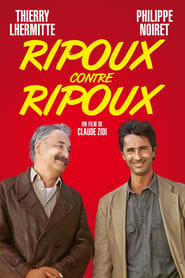 The partners are back and are...
The partners are back and are...My New Partner II 1990
The partners are back and are in a tight spot! Francois is going through a moral crisis, and Rene is experiencing the same. But, honesty is not always the best policy. After being suspended for their actions, they return to face their far more crooked replacements.
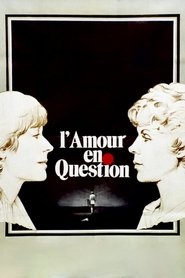 Architect Dumas dies from a bullet...
Architect Dumas dies from a bullet...Question of Love 1978
Architect Dumas dies from a bullet of his own gun in front of his house. The police suspect his young Swedish wife Catherine and her English lover Tom Hastings. After numerous interrogations, in which they entangle themselves in contradictions, they try to flee, but are soon both caught and brought to trial, he in England, she in France. Only when Catherine keeps on proclaiming her innocence, superintendent Corbier finally considers believing her.
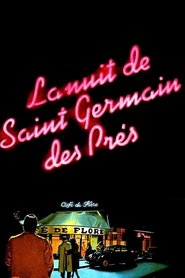 In 1951 in SaintGermaindesPrs the private detective...
In 1951 in SaintGermaindesPrs the private detective...The Night of Saint-Germain-des-Prés 1977
In 1951, in Saint-Germain-des-Prés, the private detective Nestor Burma was commissioned by an insurance company to find stolen jewelery. The deal seemed easy and Burma got an appointment with a well-known black trumpet player in the neighborhood who could provide him with information. But the musician does not come and we find him murdered. The investigation becomes more complicated and Nestor must find an alibi so as not to be suspected of the crime.
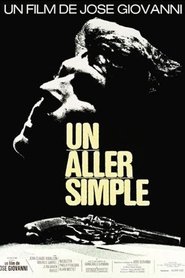 After a bank robbery gone wrong...
After a bank robbery gone wrong...One Way Ticket 1971
After a bank robbery gone wrong, a crook goes on the run across Belgium to escape the police, clear himself of a crime that he did not commit, and protect his girlfriend from a shady lawyer.
 Marceau Lonetti a competent and energetic...
Marceau Lonetti a competent and energetic...Last Known Address 1970
Marceau Léonetti, a competent and energetic officer stops by chance the son of an influential lawyer driving under the influence of alcohol. A few months later, the lawyer falsely accuses Léonetti as being violent and incompetent. As a result Marceau is transferred to a small police station, where he meets young and beautiful Jeanne. Soon they are faced with a tough investigation.
 Betrayed by an informant Philippe Gerbier...
Betrayed by an informant Philippe Gerbier...Army of Shadows 1969
Betrayed by an informant, Philippe Gerbier finds himself trapped in a torturous Nazi prison camp. Though Gerbier escapes to rejoin the Resistance in occupied Marseilles, France, and exacts his revenge on the informant, he must continue a quiet, seemingly endless battle against the Nazis in an atmosphere of tension, paranoia and distrust.
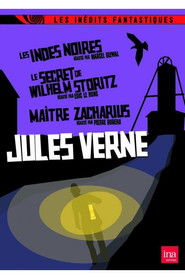 In 1870s Scotland mining engineer James...
In 1870s Scotland mining engineer James...The Black Indies 1964
In 1870s Scotland mining engineer James Starr is asked by former colleague Simon Ford, who's living inside the abandoned Aberfoyle mine, to help solve mysterious occurrences taking place inside the mine.
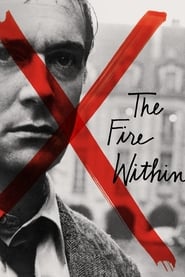 Although his alcoholism has been treated...
Although his alcoholism has been treated...The Fire Within 1963
Although his alcoholism has been treated, Alain still feels he is deeply unwell and does not feel he can leave the detoxification clinic once and for all. His wife, living in New York, continues to pay for his treatment, but no longer contacts him directly. He intends to commit suicide, but first takes a ride to Paris to catch up with old friends.

 The Dutch exotic dancer Mata Hari...
The Dutch exotic dancer Mata Hari... Narcoleptic Finnish naturist as beautiful as...
Narcoleptic Finnish naturist as beautiful as...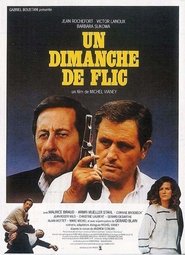 Two policemen Franck and Rupert intervene...
Two policemen Franck and Rupert intervene...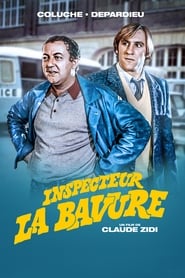 A detective fresh out of the...
A detective fresh out of the...
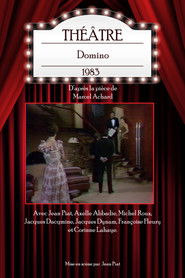
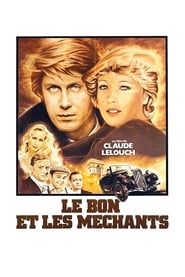 The film follows the exploits of...
The film follows the exploits of... For more than 15 years two Marseille...
For more than 15 years two Marseille...
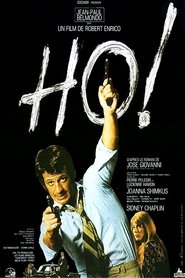 Race driver who has lost his...
Race driver who has lost his...